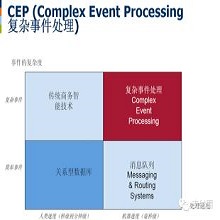Training a model to detect patterns of interrelated events that form situations of interest can be a complex problem: such situations tend to be uncommon, and only sparse data is available. We propose a hybrid neuro-symbolic architecture based on Event Calculus that can perform Complex Event Processing (CEP). It leverages both a neural network to interpret inputs and logical rules that express the pattern of the complex event. Our approach is capable of training with much fewer labelled data than a pure neural network approach, and to learn to classify individual events even when training in an end-to-end manner. We demonstrate this comparing our approach against a pure neural network approach on a dataset based on Urban Sounds 8K.
翻译:培训模式,以发现构成感兴趣状况的相互关联的事件模式,可能是一个复杂的问题:这种情况往往不常见,而且数据很少。我们建议基于事件计算(CEP)的混合神经-顺体结构,可以进行复杂事件处理(CEP),它利用神经网络来解释输入和逻辑规则,以表达复杂事件的模式。我们的方法能够用比纯神经网络方法少得多的标签数据来培训,并学会对个别事件进行分类,即使培训以端到端的方式进行。我们用这种方法与基于城市声音8K的数据集的纯神经网络方法进行比较。




